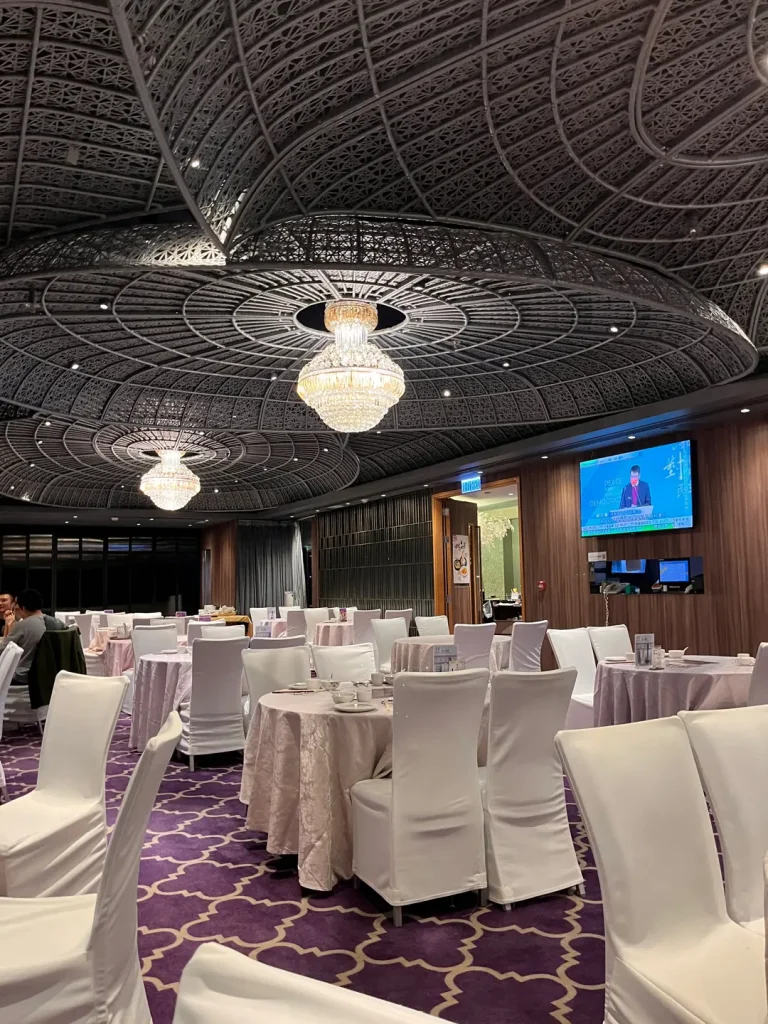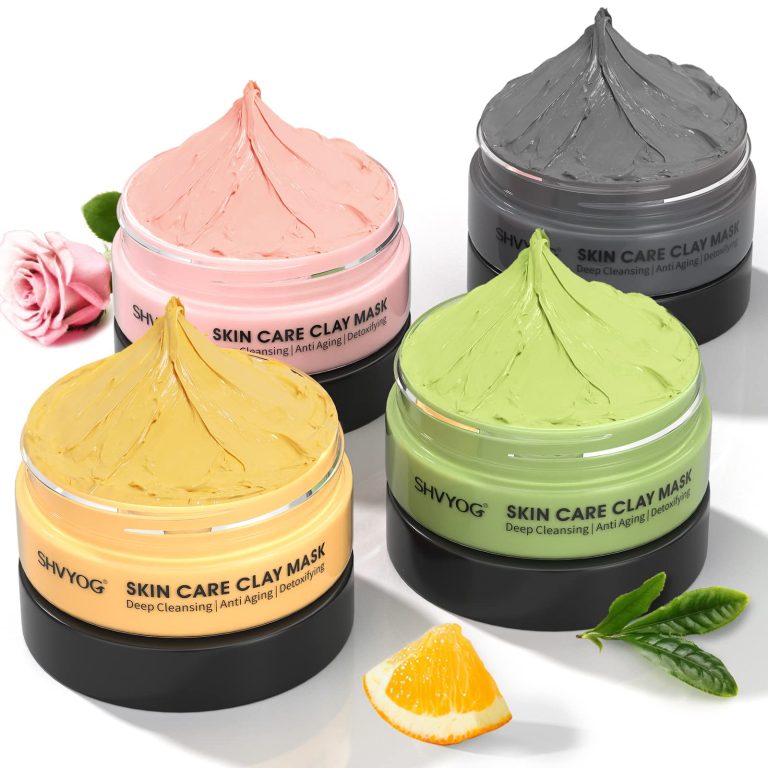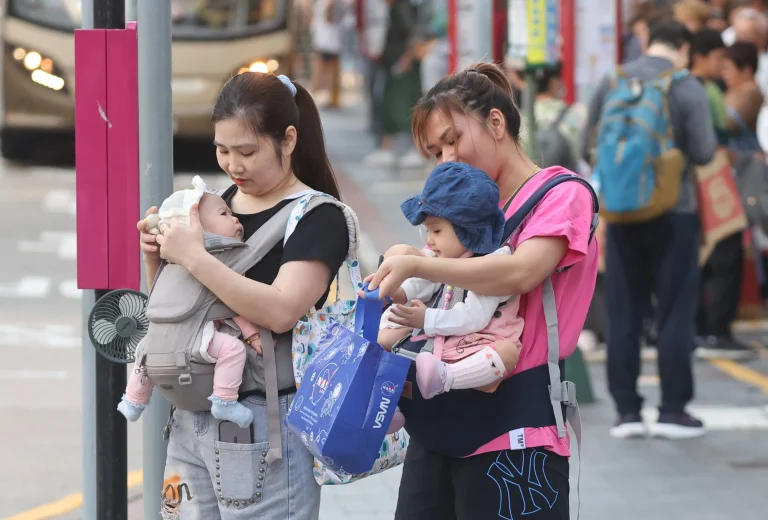Parents seeking private child vaccination options in Hong Kong face significant financial and logistical challenges, according to a recent survey by the Hong Kong Consumer Council. The investigation into 19 vaccination schemes from nine private service providers revealed critical insights that every parent should understand before investing in supplementary immunization services.
The most striking finding is that 95 percent of these schemes—eight out of nine providers—require full prepayment for the entire vaccination program. This means parents must pay the complete cost upfront, with only one provider offering the flexibility of per-dose payments. Service providers justify this approach by explaining they need to pre-order vaccines from pharmaceutical companies that often impose minimum order quantities.
However, this prepayment model carries substantial risks for parents. If personal circumstances change—such as relocating or shifts in a child’s health needs—parents could face financial losses due to non-refundable payments. The Consumer Council has urged providers to introduce more flexible payment options to protect consumer interests.
Beyond the prepayment requirement, parents should be aware of additional hidden costs. Three of the nine providers charge extra fees for pre-purchase medical consultations, with two specifically charging HK$200 and HK$500. These consultations are crucial for making informed decisions about vaccination suitability, and the Council strongly advises consulting a pediatrician or family doctor before committing to any scheme.
Operational challenges further complicate the vaccination landscape. One provider, for instance, only allows vaccination bookings 30 days after payment due to limited vaccine supply. Critically, their website lacked clarity about which specific vaccines were in short supply, prompting the Consumer Council to call for improved communication transparency.
Parents navigating these schemes are advised to maintain thorough vaccination records and receipts. In scenarios where a healthcare facility closes during a vaccination program, the Council recommends promptly contacting alternative facilities to arrange catch-up vaccinations. If the available vaccine brand differs from the original, consulting a doctor about interchangeability is essential to ensure continuous protection.
While the survey doesn’t directly address insurance, the findings suggest potential value in exploring insurance products that might mitigate these risks. Such policies could potentially offer coverage for private vaccinations, reimbursement for unexpected cancellations, or access to specialist advisory services.
The key takeaway is the importance of due diligence. Parents should carefully examine payment terms, understand potential additional costs, and be prepared for possible supply constraints. Proactively seeking professional medical advice and maintaining comprehensive documentation can help navigate these complex private vaccination schemes more effectively.
As the healthcare landscape continues to evolve, staying informed and asking the right questions becomes crucial. The Consumer Council’s survey serves as a valuable resource for parents seeking to make educated decisions about their children’s immunization strategies, balancing comprehensive health protection with financial prudence.
By approaching private vaccination schemes with careful consideration and armed with accurate information, parents can make choices that best serve their children’s health needs while managing potential financial risks.







